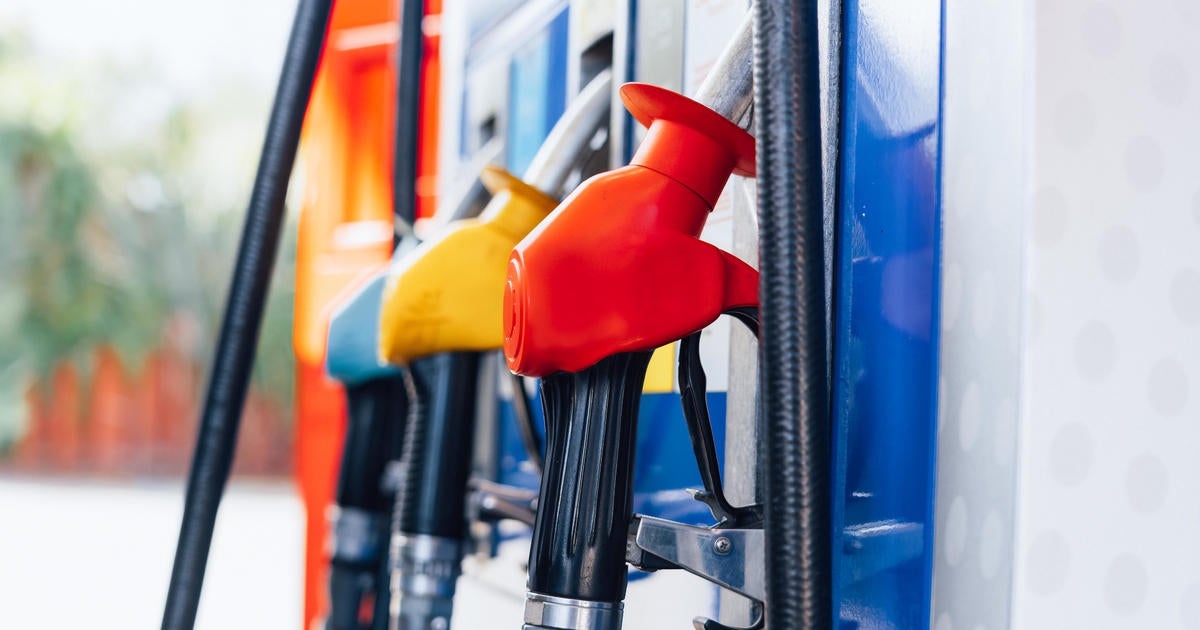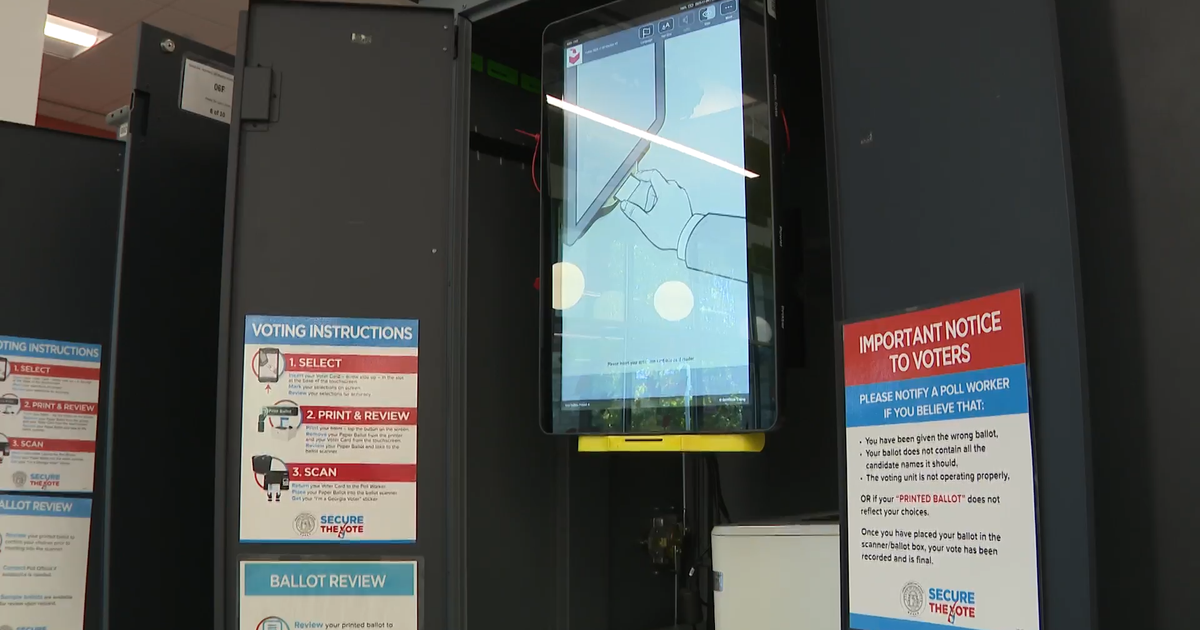New Study Looks At Fracking & Groundwater Contamination
NORTH TEXAS (CBS 11 NEWS) - A new study, performed by five separate universities, suggests hydraulic fracturing, or fracking may not directly cause groundwater contamination at some oil and gas well sites.
According to the study, contamination may instead come from a different, more manageable step in the construction process.
The problem is attributed to faulty casings and cement that are supposed to shield groundwater when petroleum products are drilled and pumped.
Still, the study is a welcome bit of news for energy producers, according to Bruce Bullock, director of the Maguire Energy Institute at Southern Methodist University's Cox School of Business.
"This can be regulated, it can certainly be fixed from an engineering standpoint, and addressed by the industry, I think, in fairly short order," he told CBS 11 News.
Bullock claims the industry has a relatively low failure rate on such wells.
"So out of 40,000 wells drilled in the United States we're talking about 400 to 500 problems that might occur. Now that's 400 to 500 too many but that's still 400 to 500 that can be addressed relatively easily," he said.
But doubters argue it's a distinction without a difference; that there would be no contamination if there were no drilling.
"Maybe the drill bit didn't cause that but the drilling process certainly did," said Zac Trahan of the Texas Campaign for the Environment. "So to say fracking itself doesn't cause groundwater contamination is somewhat misleading."
The study was narrow; only one cluster of wells in southern Parker County was sampled, the rest of the survey came from oil fields in Pennsylvania.
Bullock has a problem with such limited information. "I don't think it's a wide enough survey to be able to necessarily draw universal conclusions to," he said.
Bullock says an EPA study now underway will be much more definitive. The results of which could be released as early as next year.
But he and Trahan agree: better regulation could solve the issue. Bullock said it could be accomplished, "Through good energy practices, stronger regulation, more frequent inspection and so forth."
Trahan adds, "They [state agencies] need to regulate this industry a little more strictly to inspect those wells and make sure it's being done properly and tighten the rules around gas drilling to make sure peoples' water is protected."
(©2014 CBS Local Media, a division of CBS Radio Inc. All Rights Reserved. This material may not be published, broadcast, rewritten, or redistributed.)
Latest News:
Top Trending:







